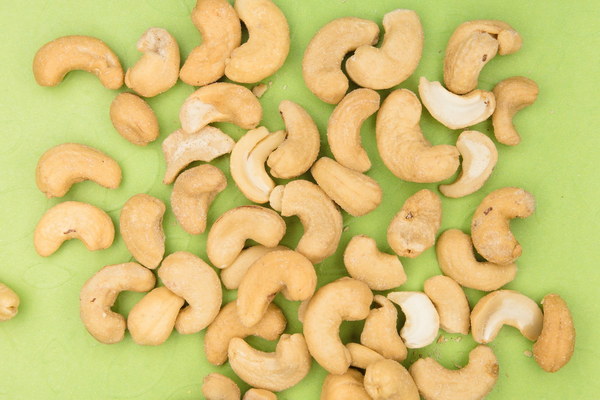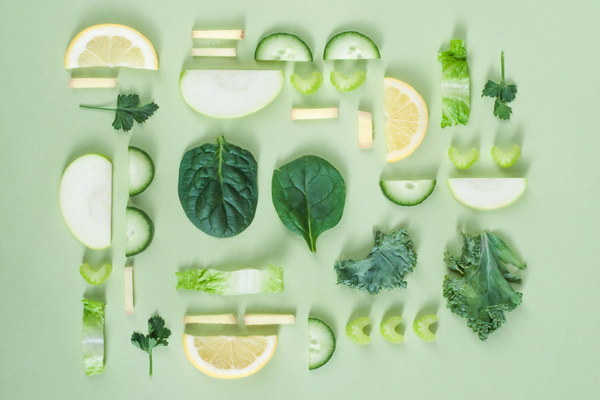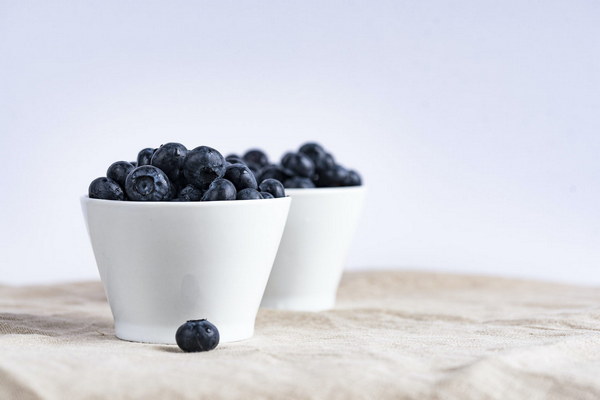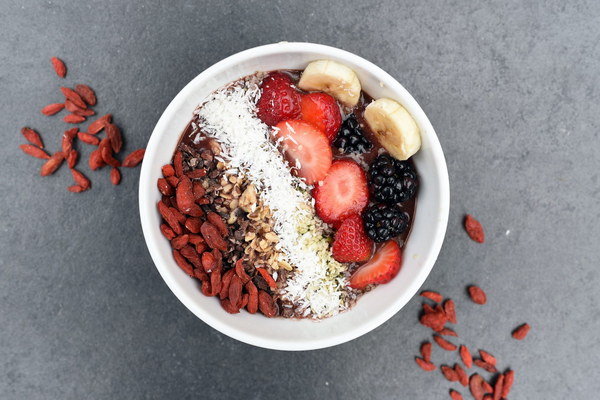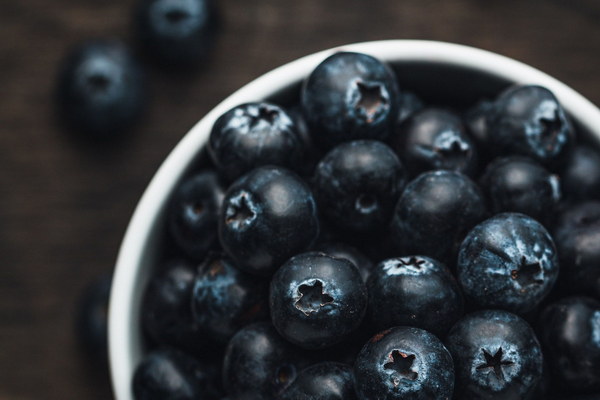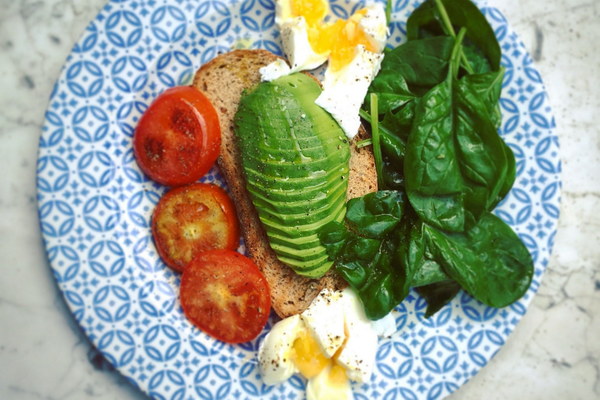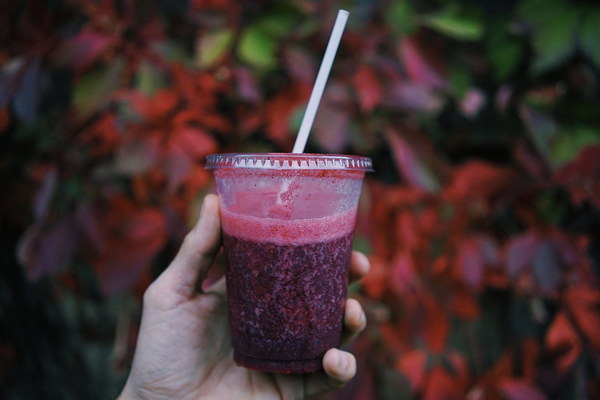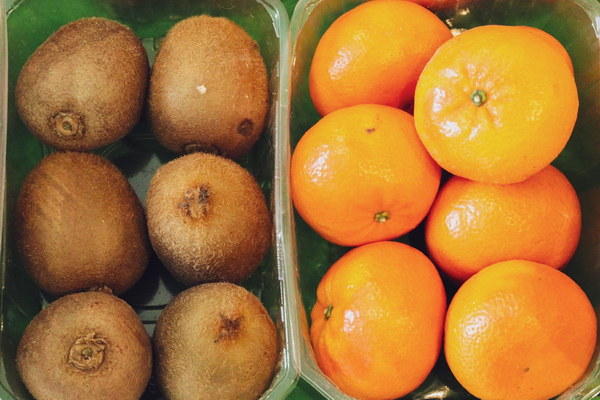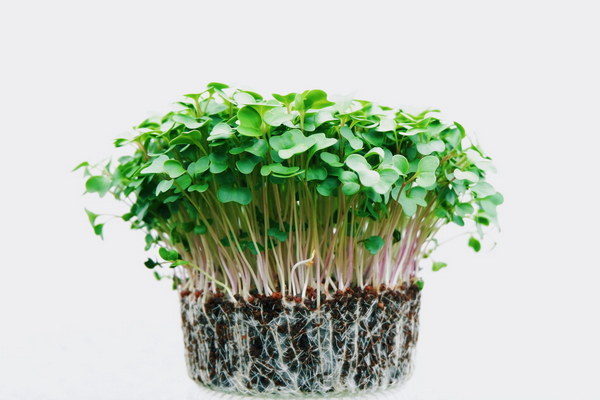Unlocking the Secrets A Comprehensive Guide to Herbs for Stomach and Spleen Bath Therapy
In the realm of traditional Chinese medicine, stomach and spleen health is considered vital to overall well-being. One effective way to nurture and balance these organs is through stomach and spleen bath therapy. This ancient practice involves immersing the body in water infused with various herbs, promoting relaxation and healing. In this article, we will explore the key herbs commonly used in stomach and spleen bath therapy, their properties, and the benefits they offer.
1. Cinnamon (Cinnamomum cassia)
Cinnamon is a warm and aromatic spice that has been used for centuries in traditional Chinese medicine. It is believed to boost digestive fire and eliminate dampness, which can lead to stomach and spleen disorders. The essential oil of cinnamon can penetrate the skin and help alleviate symptoms such as bloating, gas, and abdominal pain.
2. Licorice Root (Gancao)
Licorice root is a versatile herb known for its sweet and soothing properties. It is often used to harmonize the body's Yin and Yang energies, and it can help balance the stomach and spleen. Licorice root can be used to reduce inflammation, alleviate stomachache, and improve digestion.
3. Astragalus (Astragalus membranaceus)
Astragalus is a well-known immune-boosting herb in Chinese medicine. It is also believed to strengthen the spleen and improve overall digestive function. The root of this herb can be used to reduce fatigue, enhance the immune system, and improve the absorption of nutrients in the body.
4. Codonopsis (Codonopsis pilosula)
Codonopsis is a valuable herb that can help boost energy levels and improve the function of the spleen and stomach. It is often used to treat chronic fatigue, weakness, and poor appetite. The root of this herb can help regulate the immune system and support digestive health.
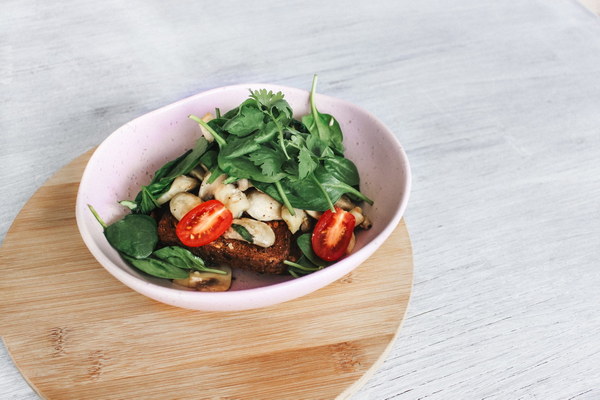
5. Dong Quai (Angelica sinensis)
Dong Quai is a well-known herb in Chinese medicine, known for its ability to nourish the blood and regulate the menstrual cycle. However, it also has a positive impact on the stomach and spleen. Dong Quai can help alleviate symptoms of bloating, constipation, and irregular digestion.
6. Ginger (Zingiber officinale)
Ginger is a warming and stimulating herb that is excellent for improving digestion and alleviating stomach pain. It can help increase blood circulation, reduce inflammation, and promote the expulsion of toxins from the body. Ginger is often used in stomach and spleen bath therapy to enhance the effectiveness of other herbs.
7. Peppermint (Mentha x piperita)
Peppermint is a refreshing and cooling herb that can help soothe the stomach and alleviate bloating and gas. It is known for its anti-inflammatory properties and can help improve digestion. Peppermint can be added to the bath water to create a relaxing and healing experience.
In conclusion, stomach and spleen bath therapy is a traditional Chinese medicine practice that offers numerous benefits for overall health and well-being. By incorporating herbs such as cinnamon, licorice root, astragalus, codonopsis, dong quai, ginger, and peppermint, this therapy can help balance the body's internal energies, improve digestion, and alleviate common stomach and spleen disorders. While the benefits of stomach and spleen bath therapy are promising, it is always best to consult with a healthcare professional before trying any new treatment.

